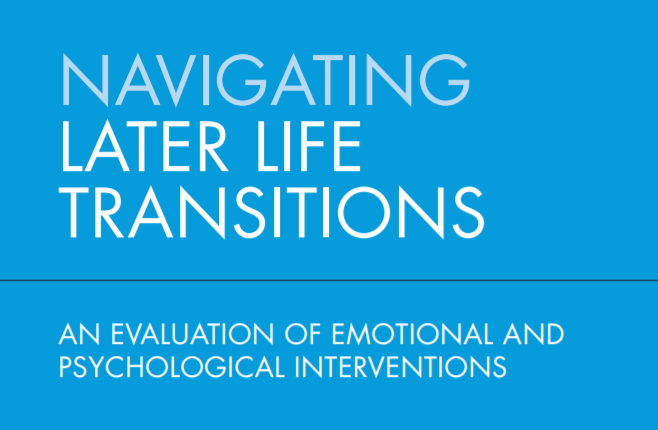Report: Employers should help workers plan for the future

Employers should do more for workers in their 40s and 50s to help them plan for the future, according to a report published today by the Calouste Gulbenkian Foundation (UK Branch) and the Centre for Ageing Better.
The report highlights the importance of providing support to employees in mid-life as a way of helping them stay to in work for longer if they want to, plan for what they will need in retirement, and think ahead about their future needs.
Conclusions made in the report include:
- The mid-life MOT should cover psychological and emotional wellbeing as well as health, finances, and career and retirement plans.
- Being supported by employers to plan and prepare can help improve our health and wellbeing, as well as increase our emotional resilience.
- Mid-life support via interventions such as mid-life MOTs is an employee benefit that can contribute to a strong employer brand and the recruitment and retention of employees.
- Mid-life support enables people to work for as long as they want to. In turn, employers can hold on to their skills and experiences, deploy staff effectively and benefit from age-diverse workforces.
- Planning for the transition to retirement can help people avoid leaving work prematurely or experiencing a ‘cliff-edge’ retirement where they stop work abruptly.
Included in the report are insights from a project evaluating courses aimed at people approaching later life. Courses which use psycho-social skills like mindfulness, self-coaching and reflection can provide major benefits to employees’ wellbeing.
Workers over the age of 50 now make up a third of all UK workers, but there are more older people leaving work than younger people coming in to replace them. Supporting staff to plan ahead could help employers avoid potential staff and skill shortages, as well as ‘cliff edge retirements’ where people are working one day and stop work entirely the next.
Everyone – especially the ‘squeezed middle’ on low-medium incomes and people with health issues or caring responsibilities – benefits from thinking early about what they want later life to look like, and how they can achieve the later life they want.
Government estimates suggest more than half of us haven’t thought about our hopes or ambitions for life after age 60. About 12 million people are likely to have insufficient retirement income. Many people will have unmet care needs in future, and the number of people living alone is rising.
Many people face emotional, practical or social barriers to planning, such as low income or negative perceptions about ageing. The report highlights ways people can be enabled and encouraged to prepare for their future, including saving for retirement, making a will and taking steps to help maintain good health and manage any health conditions which do arise. Equally important is building up emotional and psychological preparedness for ageing and the life transitions that become more likely in later life.
Dr Aideen Young, Evidence Manager at the Centre for Ageing Better, said:
“For most of us, having adequate finances, good health, and a strong network of social connections will not happen by accident. We have got to think about the future and do it early enough that we can put ourselves on course for a good later life.
“Employers who prioritise supporting workers to plan and prepare in mid-life are the ones who will better retain skilled workers and be more resilient to future skills shocks.”
Andrew Barnett, Director of the Calouste Gulbenkian Foundation (UK Branch) commented:
“A good life in later life doesn’t just mean having adequate financial resources. Employers can support those in mid to later life to plan what works for them both financially and, importantly, for their wider wellbeing.”
Read the report